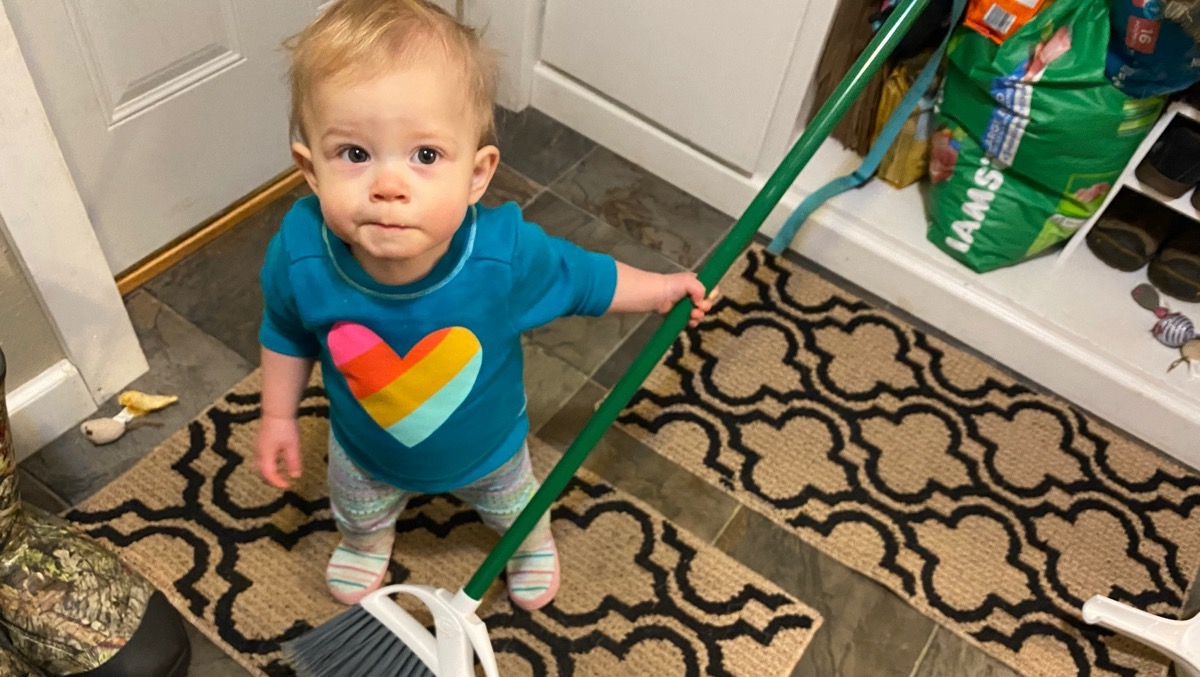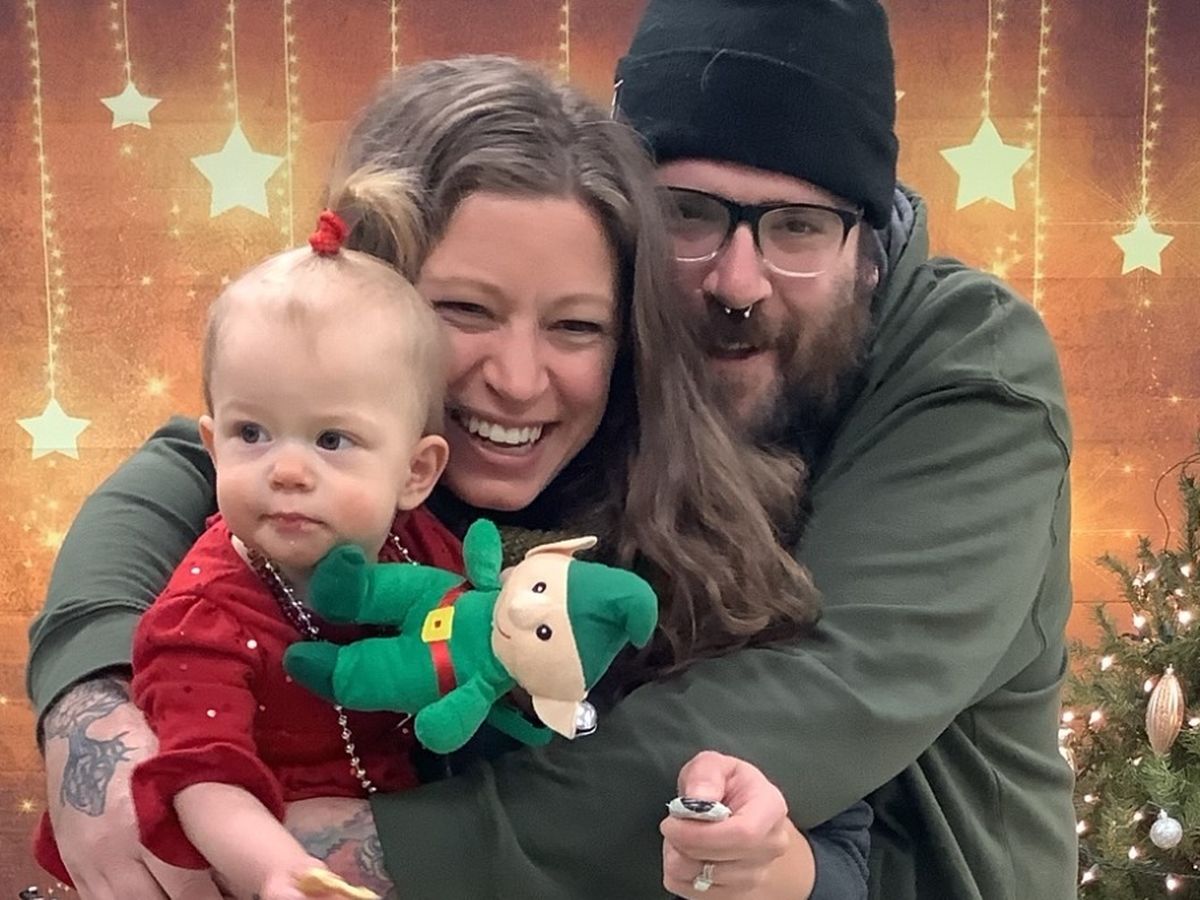My sister, Katie, and her partner, Michael, are expecting their second baby soon! Baby’s due date is January 31, 2022, and the gender will be a surprise. They also have an energetic, smart, and rather adventurous one-year-old daughter named Yona.
During a regular pregnancy checkup, baby’s heartbeat was slightly fast. The following week, another appointment was scheduled to reevaluate. Since baby’s heartbeat registered fast once again, Katie was sent to Minneapolis for a fetal echocardiogram. This type of procedure can detect heart abnormalities before birth. After a second opinion at Mayo in Rochester, baby's diagnosis was confirmed as Ebstein Anomaly of the Tricuspid Valve with Pulmonary Stenosis/Atresia.
Ebstein Anomaly is a serious heart condition, which will inevitably require special care for baby’s survival. The tricuspid valve (the little leaflets in-between the right ventricle and right atrium) in baby’s heart did not form properly in the first six to eight weeks gestation, causing baby’s heart to work less efficiently. The right side of baby’s heart is working harder to compensate blood flow, causing moderate enlargement, due to muscle usage. Since baby’s heart is enlarged, it takes up more space in the chest cavity, jeopardizing the lung capacity. This is an immediate, serious issue once the umbilical cord is cut and baby uses air to breathe.
Ebstein Anomaly effects can range from very little to life-threatening. The exact cause is unknown (including genetics) and there is no true cure. About one in 20,000 is born with Ebstein Anomaly, and it accounts for less than 1% of all congenital heart defects.
Since this heart condition is so rare, their local care team in Eau Claire, WI referred Katie and Michael to the best pediatric cardiologist on the planet at Mayo in Rochester, MN. After multiple trips, appointments, and consultations at Mayo, their care team has come up with the following plan:
Katie will be induced at 39 weeks and deliver at Mayo in Rochester (possibly earlier if anything seems concerning on her weekly ultrasounds). If she experiences early labor, she will need to be airlifted to Rochester.
Once delivered, baby will immediately receive an IV through the umbilical cord to mimic utero blood flow without stressing the lungs. This will stabilize baby for 2-3 days while their care team thoroughly assesses the severity and symptoms of baby's condition. Immediately after delivery, Katie’s time with her newborn will be cut short. Ideally, baby will receive a stent to maintain the open heart valve through the newborn phase, yet baby will likely require multiple surgeries in the first few years of life.
The care team at Mayo told Katie and Michael to prepare to relocate to Rochester for 2-3 months through delivery and first procedure. With the new baby living in the hospital indefinitely, Katie and Michael had to make the difficult decision to leave their daughter in the care of her grandparents, until they are able to take baby home.
I have set up this Go Fund Me page in hopes to alleviate some of their financial stress during the time they will be living in Rochester. Katie and Michael have been through so many obstacles already, and the new baby isn’t even here yet!
Ultimately, our goal is for everyone to return home as soon as possible, and for Yona to play with her younger sibling once he/she is healthy, whenever that may be.
While we do appreciate the ability of family and friends to donate, we would also love to hear words of encouragement, individual experiences, and any advice you can offer. Feel free to share.
We have the highest of hopes for this little heart warrior. ❤️
Thank-you for your support!
~Sarah Wolff on behalf of Katie Wolff & Michael Machak







